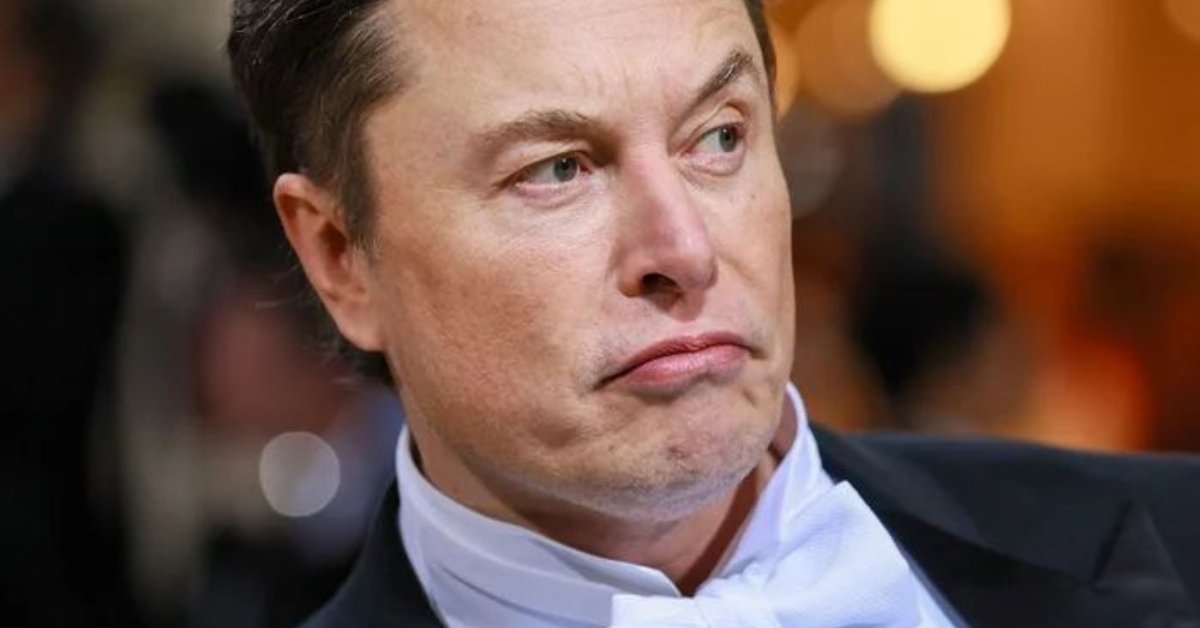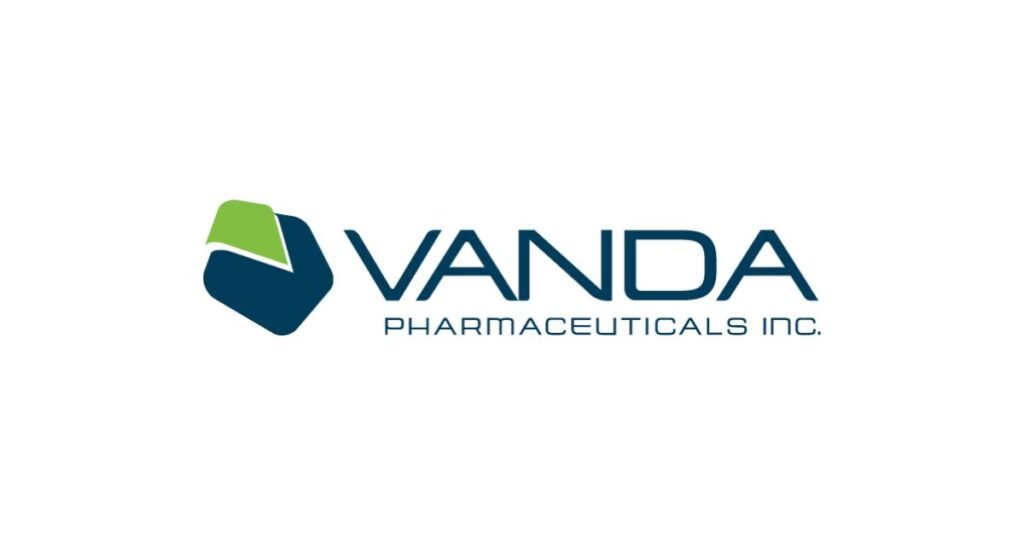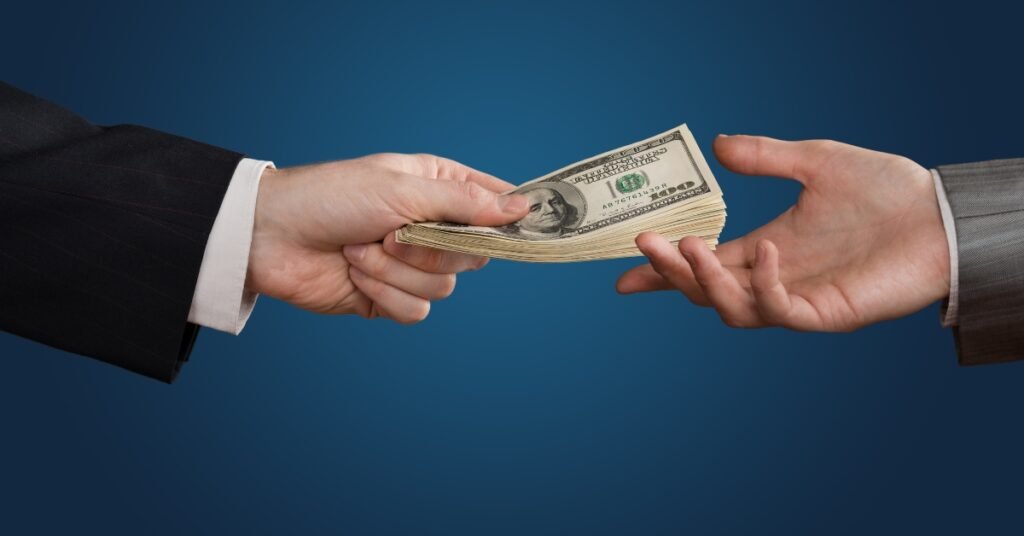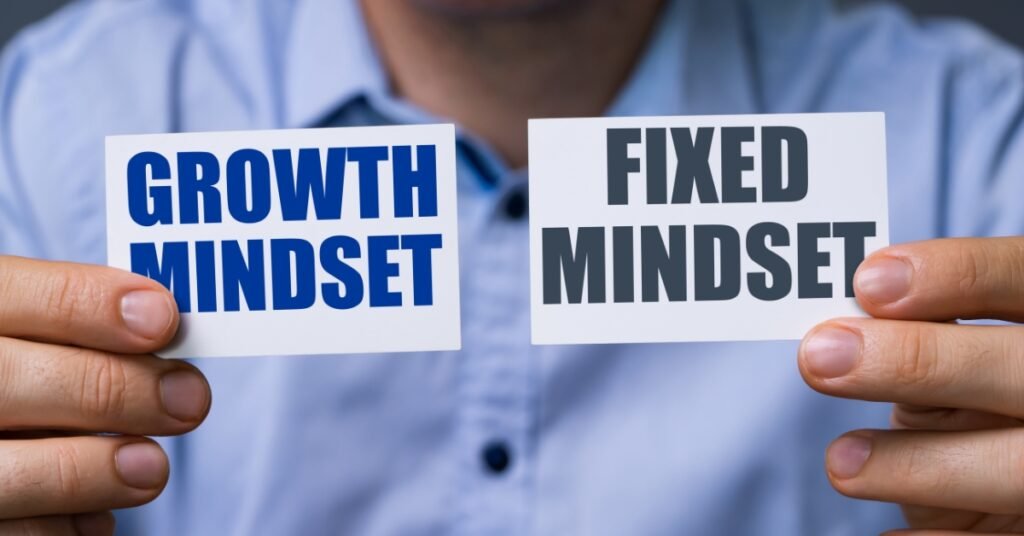Elon Musk criticizes ESG ratings as tobacco firms surpass Tesla in social responsibility rankings—concerns raised about the effectiveness and ethical evaluation of the current framework.
Table of Contents
Introduction
Tesla and SpaceX CEO Elon Musk recently criticized the environmental, social, and governance (ESG) framework used to evaluate companies’ sustainability and ethical practices.
Musk highlighted the peculiar trend where tobacco companies often receive higher ESG ratings than his electric-vehicle company, Tesla.
This revelation has sparked concerns about the efficacy of ESG ratings and the potential for “greenwashing” in socially responsible investing.
The Concept of ESG Ratings
ESG ratings are standards designed to assess businesses’ environmental, social, and governance practices.
They guide investors interested in socially responsible investments, aiming to promote sustainability and ethical decision-making.
These ratings typically range from 1 to 100 and are determined by research firms such as S&P Global and Morningstar.
Musk’s Criticism and the Issue of Greenwashing
Elon Musk took to Twitter in response to an article by Washington Free Beacon reporter Aaron Sibarium, where he referred to ESG as “the devil.”
Musk expressed his concern that tobacco companies consistently outperform Tesla in ESG ratings, despite the harmful impact of cigarettes on public health.
Sibarium’s article emphasized that research firm S&P Global awarded Tesla a rating of 37, while tobacco giant Philip Morris scored 84.
Similarly, the London Stock Exchange granted British American Tobacco an impressive ESG rating of 94, while Tesla received a more modest rating of 65.
Challenging the Ethical Evaluation
The issue raised by Musk and Sibarium highlights a fundamental problem with the current ESG framework.
Critics argue that it fails to account for a company’s social contributions adequately and can inadvertently prioritize profits over genuine social responsibility.
With tobacco companies, known for their detrimental health effects, receiving higher ESG ratings than an environmentally conscious automaker like Tesla, questions arise about the system’s effectiveness in accurately assessing ethical investment opportunities.
The Dilemma: Electric Cars vs. Cigarettes
Sibarium’s tweet further questioned the moral dilemma presented by ESG ratings, asking how cigarettes, which claim the lives of over 8 million people annually, could be considered a more ethical investment choice than electric cars.
The comparison highlights the apparent incongruity between ESG ratings and the broader societal impact of certain industries.
Conclusion
Elon Musk’s criticism of ESG ratings sheds light on the discrepancy between the evaluation of companies’ social responsibility and their true contributions to society.
The prevalence of tobacco companies receiving higher ESG ratings than Tesla raises concerns about the system’s effectiveness and potential for greenwashing.
As ethical investing grows, it becomes crucial to reassess and refine the ESG framework to ensure ratings align with genuine sustainability and social contributions.






